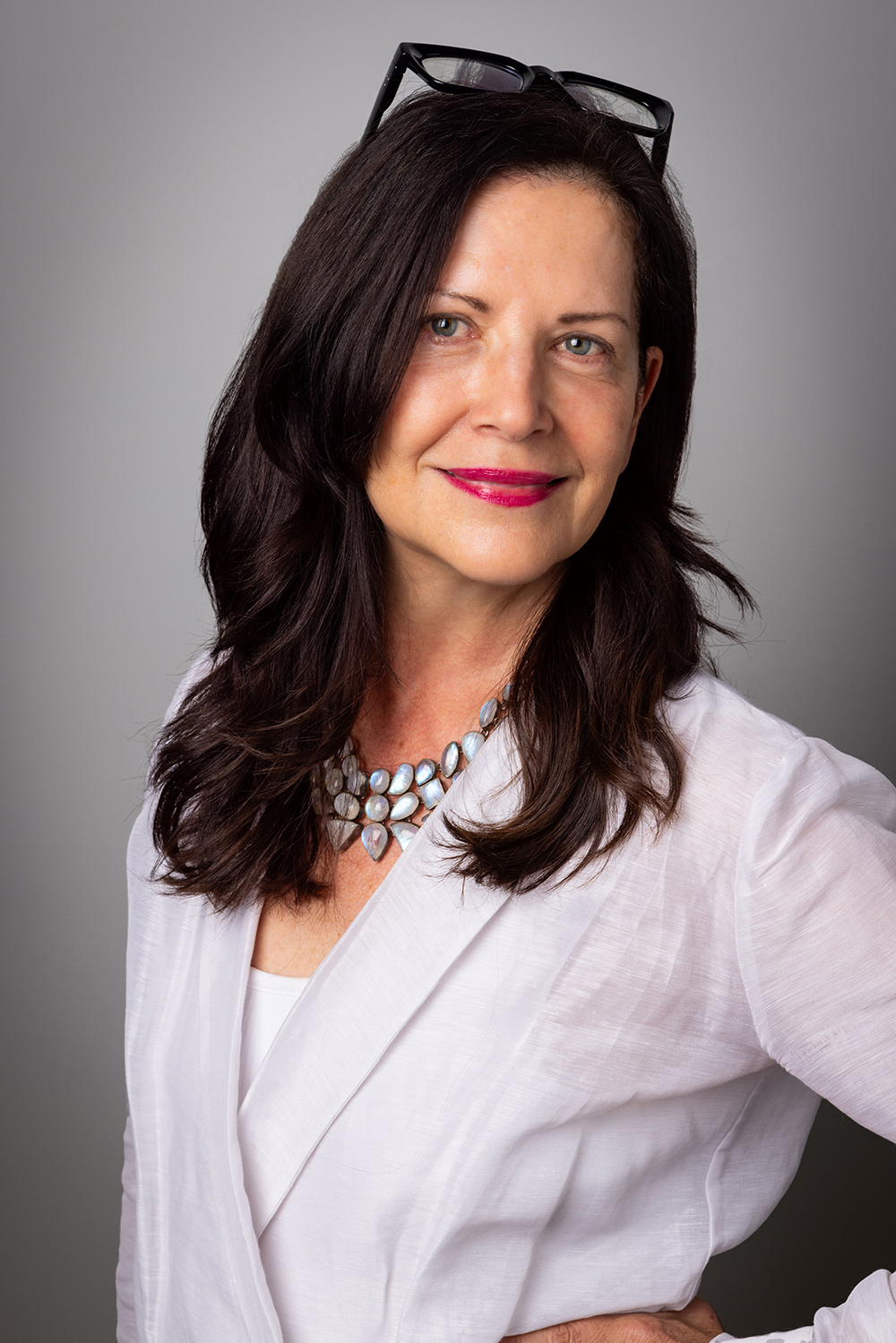
Julia Czerniak
Julia Czerniak is a landscape architect and educator whose work straddles the disciplines of architecture and landscape architecture to address the most pressing environmental challenges of our time. Educated at Princeton University (M.Arch) and Pennsylvania State University (BS in landscape architecture), Czerniak has advanced new ways of seeing, imagining, and designing urban landscapes. Her work is focused on the intersection of ecological resilience and urban design, with an emphasis on creating environments that support both human and nonhuman species amid the biodiversity crisis.
Czerniak’s research explores the potentials of urban landscapes, especially in postindustrial and deindustrializing cities. She views landscapes not merely as passive backdrops but as active protagonists in the quest for biodiverse, climate-resilient cities. Her approach combines rigorous design research with a deep commitment to ecological and cultural sustainability.
Before becoming dean in the University at Buffalo’s School of Architecture and Planning, Czerniak helped lead the School of Architecture at Syracuse University as associate dean from 2014 to 2022. As a prolific author and speaker, she has written or edited over thirty publications and delivered lectures at more than fifty institutions worldwide. Her edited volumes, such as Large Parks with George Hargreaves (2007) and Case: Downsview Park Toronto (2002) are essential readings in the field, offering innovative insights into the design of public parks and the evolving relationship between landscape and cities. Her essay “Formerly Urban: Projecting Rust Belt Futures” critically examines potential futures for shrinking cities, reflecting her deep engagement with the challenges and opportunities of postindustrial landscapes.
The photograph of Julia Czerniak was taken by Douglas Levere.